1. Could you please introduce yourself to the reader?
My name is Janet Siwoku and I am the UK’s ‘Future of Work: Industry 4.0, Innovation & 21st Century Skills’ delegate for the Y20 (the official engagement group for the G20).
2. Tell us more about your background?
I was originally born and raised in Nigeria and migrated to the UK when I was seven years old. I grew up in Hackney, London, and completed my formal education at Cardinal Pole Roman Catholic School and Sixth Form. After leaving school, I had to pursue an Apprenticeship as I could not attain a student loan at the time. Fortunately, I was able to secure a role at the Bank of England in the Data and Statistics Division. From there, I progressed through several roles, which led to me being there for over five years. Whilst at the Bank of England, I learnt about the wider implications of economic policies and how they impact the lives of everyday citizens. I was also able to graduate from BPP Business School with my dissertation topic being how the Bank of England could improve their diversity in Apprentices and new hires.
My passion for Diversity, Equity and Inclusion led to me being recognised and invited by the Governor of the Bank of England to welcome King Charles and HRH Camilla for the Governors commemoration.
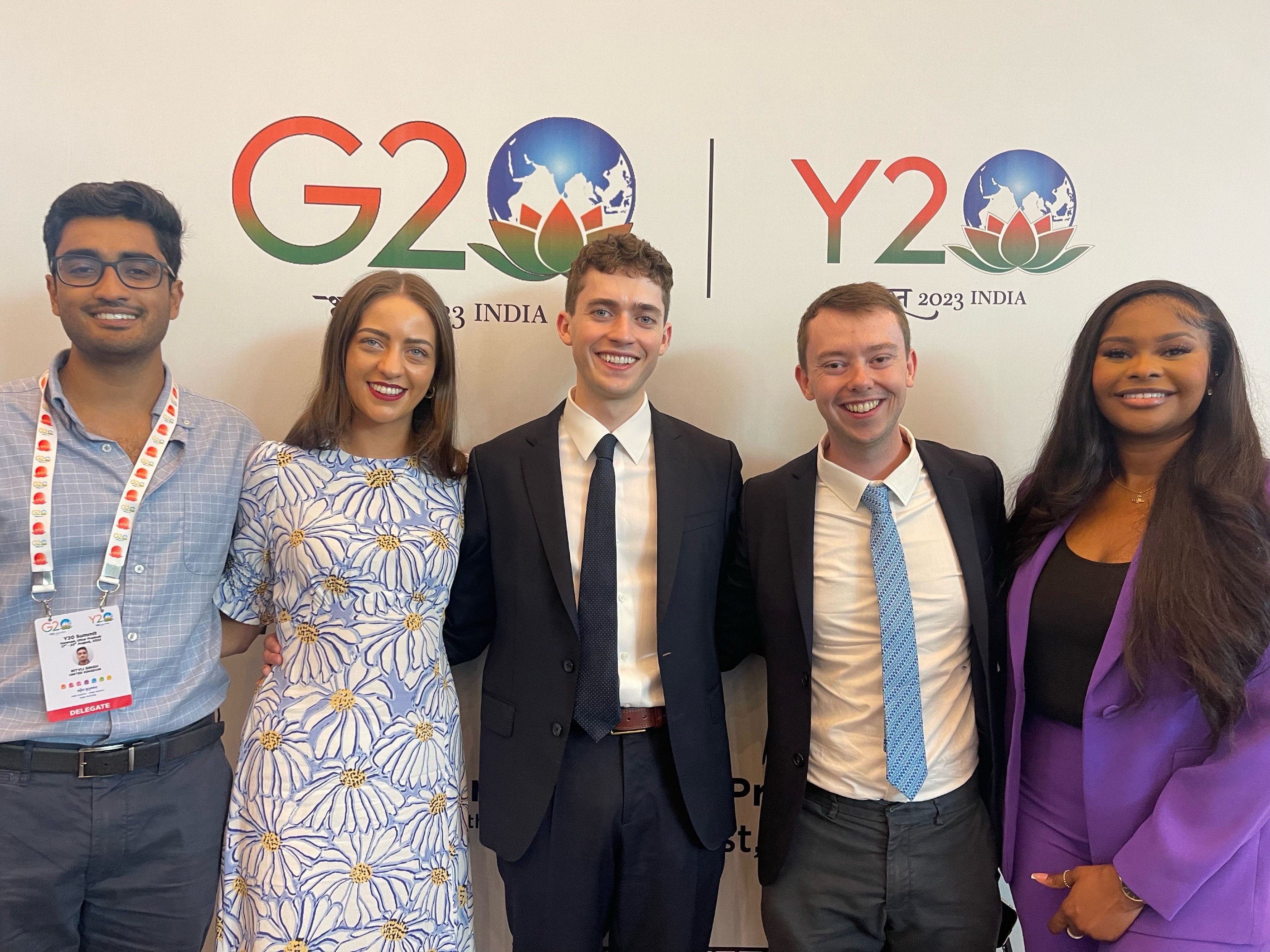 Future Leaders Network group of 2023 Youth Delegates, hosted by India. Photography by Joel Reyero
Future Leaders Network group of 2023 Youth Delegates, hosted by India. Photography by Joel Reyero
3. What inspired you to become a Y20 G20 delegate?
“Never doubt that a small group of thoughtful, committed citizens can change the world; indeed, it's the only thing that ever has.” Margaret Mead.
I was inspired to become a Y20 delegate because of my innate belief in the power of the youth to drive positive change on a global scale. Witnessing our world's pressing challenges, from climate change to social inequality, I felt compelled to take action. I have always had a passion for being a changemaker and have sought opportunities to contribute to my community and the world.
Then, I was selected to sit on Ernst & Young’s Climate Change COP26 Board and brought an economic perspective. As such, I helped conduct a deep dive into climate change and how it affected the financial environment in the UK and across the world. I then provided solutions based on my experience in the financial sector. The desire to contribute to shaping policies that impact my generation and generations to come fueled my passion for this role.
4. Could you tell us more about your particular track?
‘The Future of Work: Industry 4.0, Innovation and 21st Century Skills’ is focused on exploring and addressing the challenges posed by automation, digitalisation and the gig economy. It delves into issues such as reskilling and upskilling to ensure a future-ready workforce, promoting inclusivity and diversity in the workplace, and fostering entrepreneurship opportunities for young people across the globe.
5. Are there any particular developments you hope to see? If so, what are they?
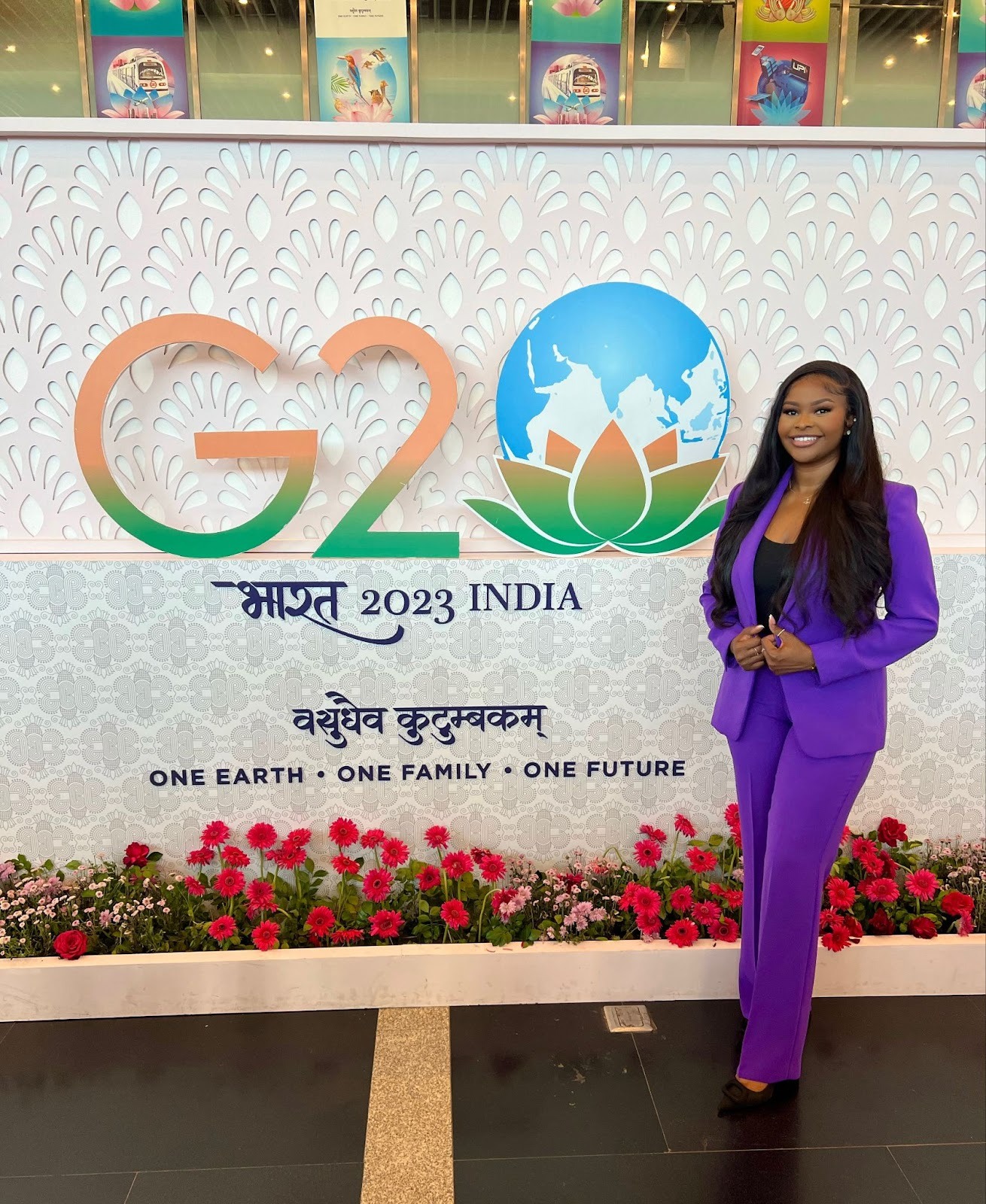 Yes, there are three main policy recommendations strongly supported by all G20 countries that I would like to see actioned in the UK:
Yes, there are three main policy recommendations strongly supported by all G20 countries that I would like to see actioned in the UK:
Preparing The Global Workforce For Global Challenges: Developing and enhancing curricula, alternative education channels and continuous training that prioritise soft and hard skills aimed at building a workforce able to address the critical global social and environmental issues.
Empowering Rural and Under-Represented Communities: Empowering rural and under-represented communities for a sustainable workforce through encouraging skills provision for employment and entrepreneurship, as well as access to technologies.
Implementing Accessible Sustainable Financing and Mentoring: Mobilising sustainable financing and ensuring equitable access to stimulate youth-run start-up ecosystems and MSMEs.Fully utilise enhanced entrepreneurship incubators that provide mentoring and promote cross-disciplinary collaboration.
6. What do you think went well?
Given the differing priorities of each G20 nation, coming to a conclusion on our top priorities as a group was challenging. However, we were able to successfully compile a 2023 communique, which was signed by all G20 nations.
The final communique has been published and can be viewed here.
7. Lastly, do you have any advice for young people interested in sharing their youth voice?
I would advise young people who want to share their voices to educate themselves on the issues that resonate most with them and find open spaces to engage in dialogue. They should also collaborate with like-minded peers and organisations that will empower and amplify their voices, encouraging change. Lastly, young people should be bold and confidently share their unique perspectives, remembering their voice can make a lasting difference in their communities and, ultimately, the world.
I would like this opportunity to thank the Future Leaders Network for believing in me and selecting me to represent the United Kingdom. I would also like to thank the ALETO Foundation for their continuous support on my journey and for helping young leaders from under-represented backgrounds to be confident and use their voices. I would also like to thank my friends and family for their consistent encouragement. Lastly, I would like to thank God for giving me this opportunity that allowed me to contribute to change for the youth in the UK.

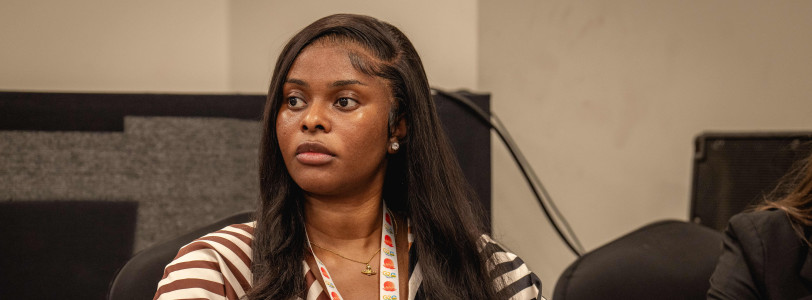

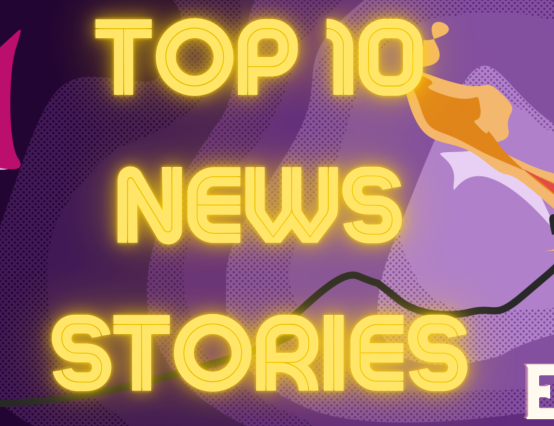
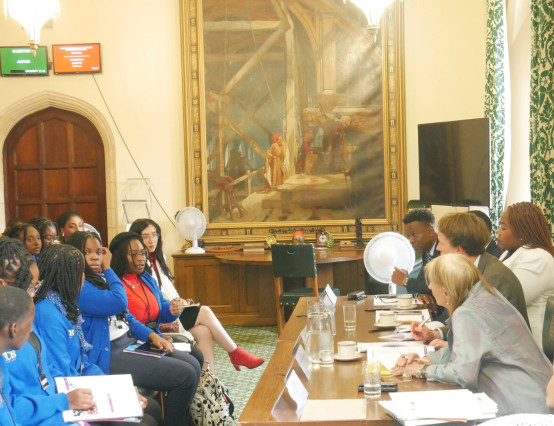




0 Comments